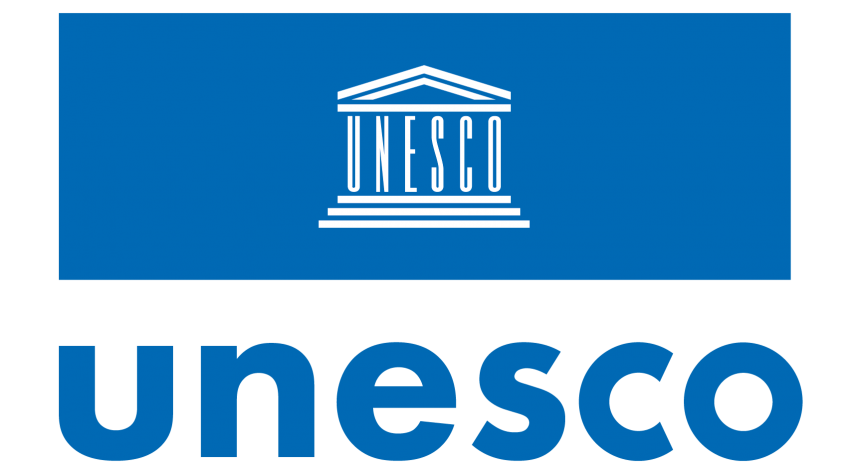News
UNESCO advocates access to scientific information to protect planet

The United Nations Educational, Scientific and Cultural Organisation (UNESCO) has called for access to reliable scientific information to protect the planet and mitigate the effects of climate change globally.
Its Director-General, Ms Audrey Azoulay, in a statement in Abuja on Thursday, made the call while commemorating the 2024 World Press Freedom Day, slated for May 3.
The theme of the Day titled “A Press for the Planet: Journalism in the Face of the Environmental Crisis.”
Azoulay said: “the planet is on the brink of a climatic precipice, 2023 was the hottest year on record, with an average global surface temperature of 1.45°C, higher than in the pre-industrial era.
“Other alarming records were also broken for ocean surface temperatures, sea level rise and glacier retreat.
“As humanity faces up to this existential peril, we must remember on this World Day that the climate challenge is also a journalistic and informational challenge.
“No effective climate action is possible without access to free and reliable scientific information.”
She added that the theme of the year highlighted the essential link between protecting freedom of expression, a global public good and preserving the planet.
According to her, the day is established to call to action, the protection of journalism, free, pluralistic information and ensure that issues around climate change are reported appropriately.
“A call to make the major social networks more accountable, so that they can step up their moderation and regulation measures to counter disinformation and conspiracy around climate change.
“This will be in line with the guidelines for Governance of Digital Platforms published by UNESCO in November 2023.
“A call to equip all citizens with the critical thinking skills needed to confront disinformation.
“Also, it is a call to protect journalists and media professionals, artists and scientists, who are often the victims of harassment, violence and censorship,” she said.
She noted that UNESCO’s study published this month showed that 70 per cent of environmental reporters were victims of attacks, threats or pressure.
She said this was due to their work, while 44 environmental journalists had been killed in the last 15 years.
According to her, UNESCO remains committed to defending freedom of expression as a fundamental human right and a pillar of democracy.
“That is why we defend journalists and train them in safety, including in crisis situations such as Ukraine, Afghanistan, Sudan and Haiti.
“At the same time, we have trained thousands of judges, prosecutors and law enforcement officers in the issues surrounding freedom of expression, because they are the key players.”
Azoulay added that the organisation would be launching initiatives dedicated to the environment to provide environmental journalists with greater protection and strengthen media education and information on major social networks.
“On May 3 this year, UNESCO will like to relay a simple message which is protecting free and pluralistic information, also means protecting our democracies and our planet.”




 Davido's Net Worth & Lifestyle
Davido's Net Worth & Lifestyle 
